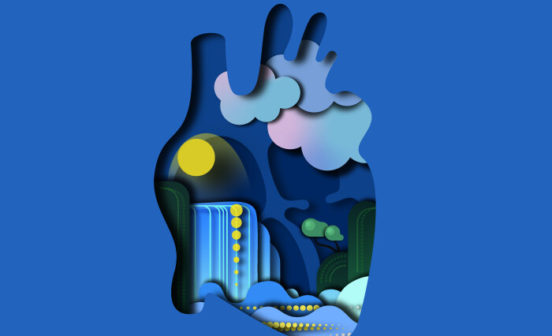Diagnostic Genes that make children susceptible to severe Kawasaki disease identified

Researchers have found genes that make children susceptible to the disease, and those associated with the heart damage it can cause in severe cases.
The findings could help clinicians identify which children with Kawasaki disease (KD) are at risk of developing coronary artery aneurisms, which can cause permanent heart damage and raise the lifetime risk of heart attacks.
They could also be relevant to a new inflammatory condition some children develop as a result of COVID-19, which has some similarities to Kawasaki disease. The results are published in the European Journal of Human Genetics.
Lead researcher Professor Michael Levin, Chair in Paediatrics & International Child Health at Imperial, said: “Our findings suggest that children who develop KD are genetically determined to respond differently to one or more infections than the rest of the childhood population.
“The additional identification of genes underlying development of coronary artery aneurysms is a step towards identifying why some children suffer this severe consequence of the disease.”
Heart attack risk
Kawasaki disease is an inflammatory syndrome known to affect young children, mainly under the age of five. It causes the blood vessels to become inflamed and swollen, which can lead to complications in the coronary arteries and the heart.
Without treatment, thirty percent of children with KD develop aneurysms in their coronary arteries (dilatations of the wall of the artery), which carry a risk of blood clotting, or later develop narrowing of the artery as healing occurs, which can lead to a heart attack. Children with severe aneurysms are at life-long risk of heart attack.
The risk of coronary artery aneurysms can be reduced with the use of antibody treatments and anti-inflammatory agents, but even with treatment around 10-20% of children with KD suffer long-term coronary artery damage.
It is therefore important to identify which children may be at risk of these most severe consequences of KD, and why. Now, an international research team led by Imperial College London and the University of San Diego have searched the genomes of children with KD, finding two distinct sets of gene variants that affect their outcomes.
This study was funded and supported by NIHR Imperial BRC.




